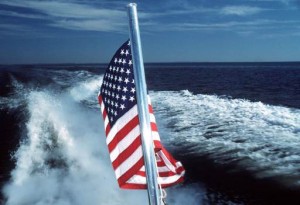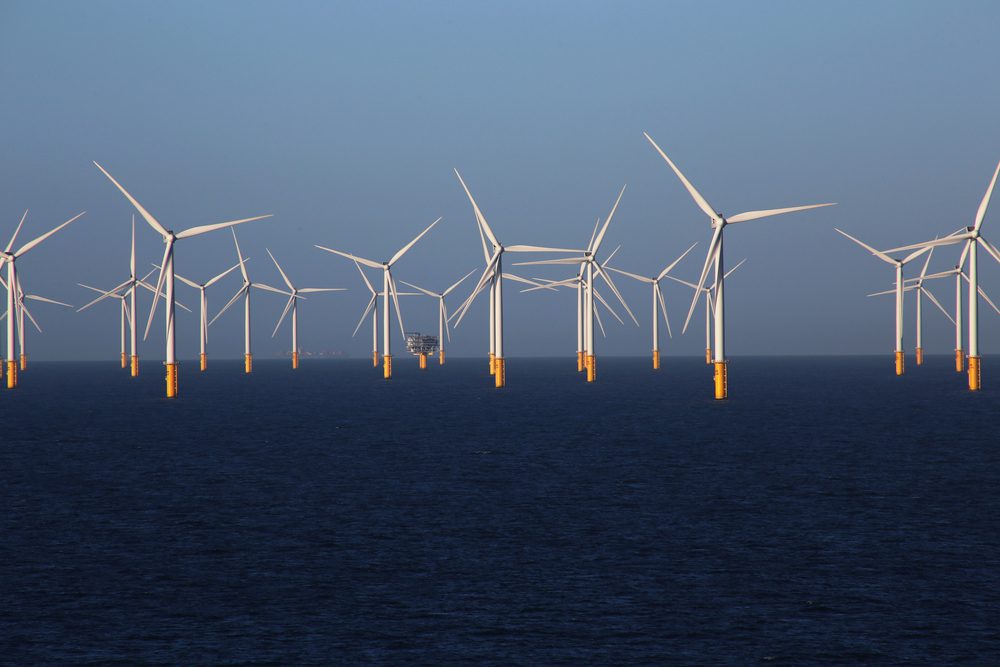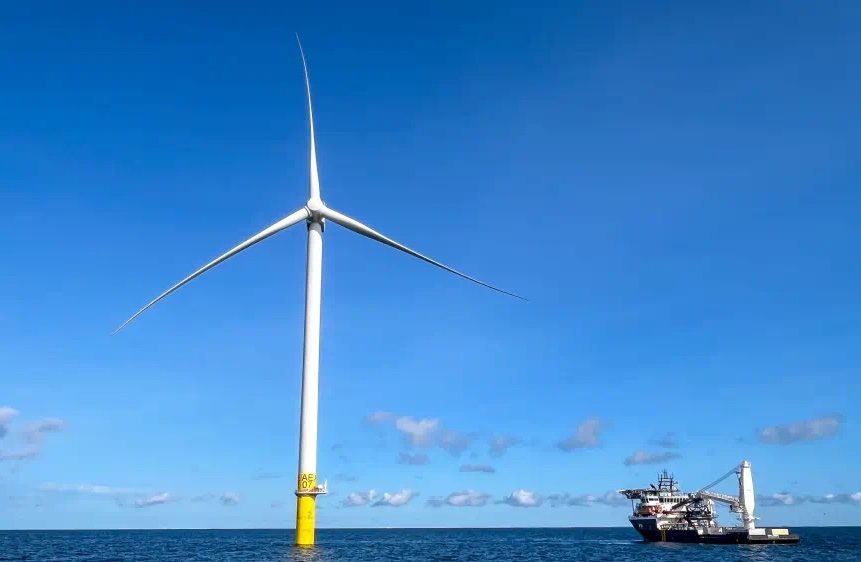 The January 11, 2011 report from the non-partisan National Commission on the BP Deepwater Horizon Oil Spill and Offshore Drilling confirmed the Jones Act did not prevent foreign vessels from assisting with the clean-up effort during the Deep Water Horizon oil spill in the Gulf of Mexico last year. “Deep Water: The Gulf Oil Disaster and the Future of Offshore Drilling” was prepared by the independent entity at the request of President Barack Obama.
The January 11, 2011 report from the non-partisan National Commission on the BP Deepwater Horizon Oil Spill and Offshore Drilling confirmed the Jones Act did not prevent foreign vessels from assisting with the clean-up effort during the Deep Water Horizon oil spill in the Gulf of Mexico last year. “Deep Water: The Gulf Oil Disaster and the Future of Offshore Drilling” was prepared by the independent entity at the request of President Barack Obama.
“While decision makers did decline to purchase some foreign equipment for operational reasons ‒ for example, Dutch vessels that would have taken weeks to outfit and sail to the region, and a Taiwanese super-skimmer that was expensive and highly inefficient in the Gulf ‒ they did not reject foreign ships because of Jones Act restrictions,” the report concluded. “When the Act did apply, the National Incident Commander appears to have granted waivers and exemptions when requested.”
“This report confirms what Admiral Thad Allen and so many others have been saying all along: The Jones Act in no way, shape, and form hindered the BP clean-up effort,” said James Henry, Chairman of the Maritime Cabotage Task Force. “Thousands of American vessels were already at work cleaning up oil in the Gulf and, when necessary, qualified foreign vessels identified as suitable by unified command participated in the effort. We are pleased the President’s Commission has concluded the Jones Act did not obstruct efforts to clean up the worst oil spill in U.S. history.”
During the Deep Water Horizon oil spill, retired U.S. Coast Guard Admiral Thad Allen, the National Incident Commander leading the clean-up effort, said “at no time” has the Jones Act inhibited the clean up, and the National Incident Command on July 6 reported that “in no case has any offer of assistance been declined because of the Jones Act or similar laws.” In addition, U.S. Department of Transportation statement said, “to be absolutely clear … the Jones Act has not hindered the cleanup effort.”
The Jones Act is a longstanding U.S. maritime law that mandates the use of American vessels and American workers in U.S. domestic maritime trade, such as the delivery of goods from one U.S. port to another. The Jones Act does not apply to, and does not constrain, skimming outside of three miles from shore, including near the well 50 miles from the U.S. coastline. The commission concluded that, when skimming near the shore was necessary, an expedited waiver process enabled foreign vessels to participate in the cleanup effort when needed.
In May of 2010, President Barack Obama announced the creation of the National Commission on the BP Deepwater Horizon Oil Spill and Offshore Drilling: The President charged the Commission to determine the causes of the disaster, and to improve the country’s ability to respond to spills, and to recommend reforms to make offshore energy production safer. The report is the result of an intense six-month effort to fulfill the President’s charge.
Source: Maritime Cabotage Task Force

 Join The Club
Join The Club












